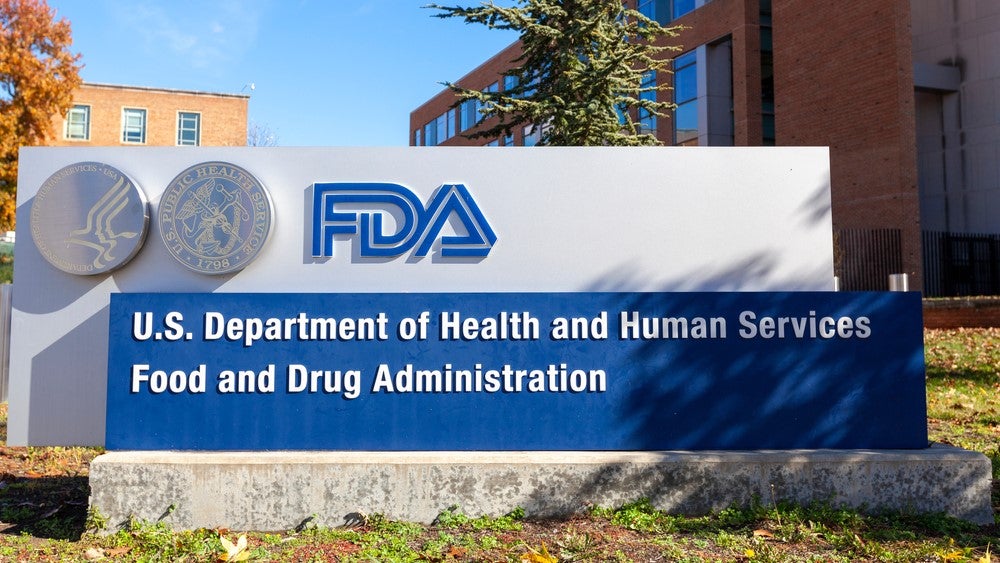The US Food and Drug Administration (FDA) has issued a warning that the two antiseizure medications, namely levetiracetam and clobazam, can cause a rare and serious hypersensitivity reaction, drug reaction with eosinophilia and systemic symptoms (DRESS).
The agency has also required manufacturers to add new warnings regarding the risk of DRESS are to be added to the prescribing information and patient medication guides for these medicines. FDA added that “currently the symptoms associated with this condition are described less prominently”.
Following this, the warnings for both drugs will include information that early symptoms of DRESS such as fever or swollen lymph nodes can be present even when a rash cannot be seen, as per a 28 December press release.
DRESS is characterised by an extensive mucocutaneous rash which is accompanied by fever, lymphadenopathy, hepatitis, haematologic abnormalities with eosinophilia and atypical lymphocytes. It can be potentially life threatening if it is not diagnosed and treated timely. The other medications that can cause DRESS include antibiotics, antituberculosis, and non-steroidal anti-inflammatory agents (NSAIDs). The disease has a mortality rate of 3.8-10%, as per a 2023 study.
FDA reported that approximately 12 million and 779,000 prescriptions of levetiracetam and clobazam, respectively were dispensed from US outpatient pharmacies in 2022. GlobalData forecasts the adult epilepsy market to be worth $8.9bn in 2026.
GlobalData is the parent company of Pharmaceutical Technology.
The warning addition was informed by the FDA’s review that found 32 and 10 serious cases of DRESS in children and adults worldwide due to levetiracetam and clobazam, respectively. However, the agency cautioned that the actual incidence of DRESS due to the two drugs may be more as the number of cases only included reports submitted to the FDA and found in the medical literature. Adding that DRESS symptoms improved when the drugs were discontinued in the majority of the cases included in the review.
Last month (28 November), the FDA launched an investigation to review the safety of chimeric antigen receptor (CAR)-T cell immunotherapies following reports of T cell malignancies in patients who received these immunotherapies. The investigation follows reports collected from clinical trials and post-marketing adverse event surveillance.
To that end, a black box warning was added to Johnson & Johnson and Legend Biotech’s CAR-T treatment Carvykti (ciltacabtagene autoleucel) on 21 December. The boxed warning includes a caution against “secondary haematological malignancies, including myelodysplastic syndrome and acute myeloid leukaemia.” The warning was added after 10 of the 97 patients in the CARTITUDE-1 trial developed myeloid neoplasms which resulted in the death of nine of these patients.














